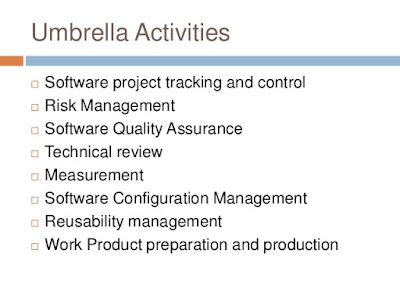What is single precision value or double precision values ?
float
The type float specifies a single-precision value that uses 32 bits of
storage. Single precision is faster on some processors and takes half as much
space as double precision, but will become imprecise when the values are either
very large or very small. Variables of type float are useful when you need a
fractional component, but don't require a large degree of precision.
For example, float can be useful when representing
dollars and cents.
Here are some example float variable declarations:
float hightemp, lowtemp;
double
Double precision, as
denoted by the double keyword, uses 64 bits to store a
value. Double precision is actually faster than single precision on some modern
processors that have been optimized for high-speed mathematical calculations.
All transcendental math functions, such as sin(
), cos( ), and sqrt( ), return double values. When you need to maintain
accuracy over many iterative calculations, or are manipulating large-valued
numbers, double is the best choice.
(Protected post. No prat of this publication can be copied by any means and for any purpose without permission from CEO)


Comments
Post a Comment